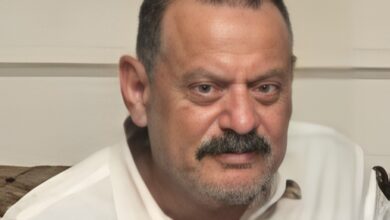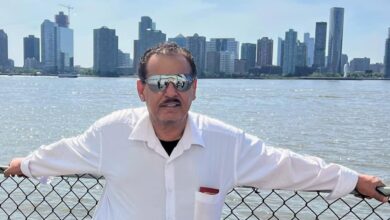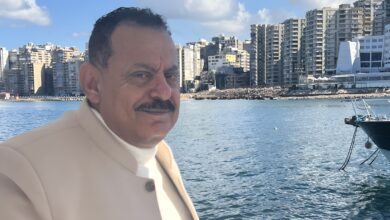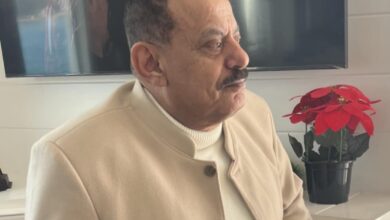The Lifeboat
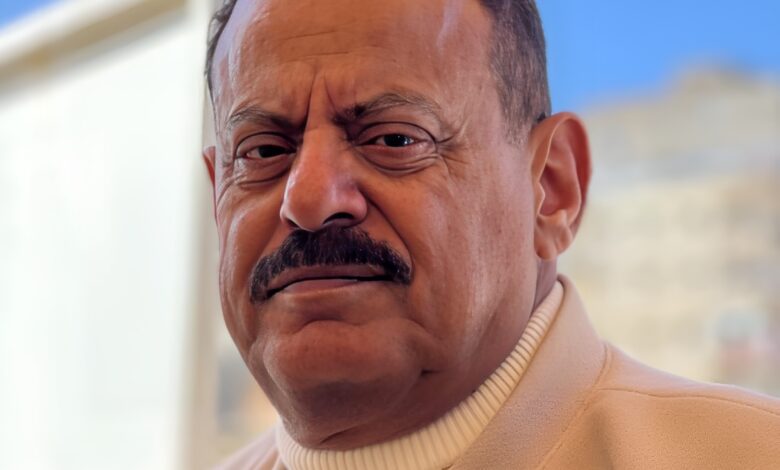
Yemeni mp
Ahmed Saif Hashed
I often asked my mother about Paradise, bombarding her with questions while she happily shared stories and answered my inquiries with great enthusiasm and detail. She spoke to me with joy and elation, letting her imagination run wild as if she were living it rather than just recounting it.
She described its scenes as if standing on a hill overlooking it, immersing herself in descriptions that captivated the spirit and enchanted the heart. When I asked her how one could attain it, she explained that prayer was one of the main conditions, but I had not yet prayed and didn’t know what was said during it.
I received a promise from my father that he would buy me what was called the “Lifeboat” as soon as he went to Aden.
It was a small booklet designed to teach children how to pray using writing and illustrations.
I wanted the “Lifeboat” to learn to pray so that I could attain God’s Paradise in the afterlife and enjoy the abundant delights it offered. The “Lifeboat” was a vessel and a guide to God, and to what pleases and delights Him.
I longed to pray to enter Paradise and dwell there forever. In Paradise, there is no sadness, no death, and no grief. There is no poverty or hunger, only apples, grapes, fruits, and rivers of honey, butter, and milk.
I would imagine this state and feel an overwhelming desire, with every fiber of my being longing for it.
The afterlife for those who enter Paradise is a joyful existence that never fades or extinguishes—a timeless eternity! What a life it is, where everything you desire or wish for is immediately at your fingertips!
In Paradise, everything that its inhabitants crave is present and available. Whatever they wish for comes instantly, before they can even blink.
I want Paradise instead of this life where the only time I see leeks is on Thursdays at the market.
I want another home with a second life, one without deprivation or unfulfilled requests—a life without hardship or sorrow!
Within this vibrant realm and soaring imagination, I often spoke to myself about it, simply and spontaneously, without the eloquence or embellishment I employ today.
* * *
I long for the “Ark of Salvation” that will rescue me from the hell and bring me comfort. This “Ark of Salvation” will teach me ablution and prayer, adorned with captivating illustrations. This booklet is one I have eagerly awaited, yet more than one promise has passed without fulfillment. Forgetfulness delayed the realization of that promise.
After a long wait and with patience, my father finally kept his word, and that day, I felt as if I owned the universe.
When my father handed me the “Ark of Salvation,” my astonishment surpassed anything I had ever known.
My joy surpassed that of a thousand worshippers, vast enough to encompass every prayer, relieve a thousand distressed souls, and save every repentant heart. My heart brimmed with joy, dancing and singing, soaring like a butterfly. Enveloped in wonder, I repeated my memorized lines:
“I am a clever champion child … And all the people love me.
I pray at dawn … And I ask God to guide me.”
But joy was slain at its peak; happiness faded, horizons shrank, and connections were severed like a fool cutting his own vein.
The state changed to one of misery, and I still hear the echo of that blow today.
“Teach them until they are seven, and strike them at ten.” This saying, whose authenticity I do not know, has tormented me, taking much from me.
Even at this age, I may not have mastered what I was beaten for; the only thing I learned well is my deep empathy for donkeys.
* * *
I fought a fierce battle to memorize Surat Al-Fatihah. I was beaten for it until my heart ached.
I mispronounced and repeated mistakes, even adding more errors. My father’s hand and shoe intervened, sending my mind reeling.
I found myself reading hastily, like prey pursued by hyenas. My voice trembled, and my thoughts were as chaotic as a storm.
My spirit scattered like grains of sand in a swirling cyclone, and my mind flew apart like sparks from iron under a blacksmith’s hammer.
With every blow, my pronunciation, articulation, and pauses became disordered, and my tears flowed abundantly without season.
Some words fell from my mouth, and I gathered a few, only to lose even more.
With each slap, I felt my teeth crumble alongside my words, and I could no longer collect or lift what had fallen.
A whirlwind of confusion engulfed me due to the beating, blurring my distinctions. Everything intertwined, and I saw the lines clashing like the teeth of a crocodile.
I appeared before myself as someone who neither memorized nor understood, as if I had become mute in a moment of catastrophic collapse, unaware of what I was saying, nor did my listeners comprehend my words!
My father’s anger rose, and I was crushed beneath it like paper unable to withstand the pressure.
Nothing was left for me to understand, except for the stammering of my tongue, gasping in my filled and cluttered mouth, blocking my breathing passages, while the blows continued throughout a journey that felt like hell. It was a collapse in which my shattered spirit and broken wings turned me into a heap of ruin.
I realized that memorizing Surat Al-Fatihah had become not just complicated but nearly impossible. Even if I struggled with it until the Day of Judgment, I believed my prayers would not be accepted by my Lord as long as my father did not accept them, due to my mispronunciations and numerous mistakes while reciting.
I felt that I would not escape this predicament even by a miracle, or so I understood from my father, who had received teachings of Islam and memorized the Quran and Hadith under Al-Bayhani in “Crater,” Aden.
My father’s love for me and his insistence in this matter were akin to a love that destroys its beloved.
* * *
My older brother, Ali Saif Hashed, had also fought his own battle with my father over prayer when they were together in Aden.
My father would pull my brother by his ear due to his reluctance to pray, and my brother’s rebellion escalated to the point where even the nearby mosque’s muezzin intervened, shoving something into his mouth while he yawned during the dawn call to prayer.
My brother left Aden, fleeing from my father, from prayer, and from the muezzin to Sana’a, still under the age of fifteen. When he sought to join the military academy upon arriving in Sana’a in 1963, an Egyptian officer asked him his age. My brother replied, “Fifteen.
” The officer told him that one of the conditions for admission was that applicants must be at least sixteen. My brother responded, “Register me as sixteen.” The Egyptian officer laughed and noted my brother’s age as sixteen.
However, what is more significant is that my brother’s rebellion against prayer transcended mere avoidance; it evolved into a complete rejection of my father’s teachings from A to Z!
* * *
My story with the “Ark of Salvation” resembles that of the Titanic. The Titanic boasted the highest protection, security, and safety standards, yet my vessel held something even more profound: “The Lord is the best protector and guardian.”
I found the “Ark of Salvation,” yet within it, I discovered not salvation but disappointment that swallowed me whole.
The Titanic, once thought unsinkable, sank deep into the ocean’s depths. Just four days into its maiden voyage, it collided with an iceberg and vanished into the abyss, while a single slap from my father’s hand or shoe was enough to drown me and my vessel in the depths of hell.
Curiously, my aunt Saeedah, mother of my brother Ali, was diligent in performing her prayers. When I, curious in her later years, asked her about reciting Al-Fatihah during prayer, I discovered that she did not recite Surah Al-Fatihah, nor any other verses of the Quran. She only mentioned God throughout her prayers, along with the Tashahhud.
My aunt Saeedah was pious and virtuous in her actions, with a heart brimming with faith. She knew our Lord in a way that many who pray do not, even as they steal, corrupt, plunder, and kill their homeland, along with the sanctified soul, without a trace of concern or remorse.
In conclusion, here is a prayer of musk, as understood by Zorba the Greek, who delves into its depths and essence within his conscience, saying:
“I loved someone, I stroked the head of the weak, I smiled at a bird that sang for me on my balcony, and I breathed deeply before a beautiful cloud bathing in sunlight, and I continue to present my report until the Lord smiles.”
* * *


